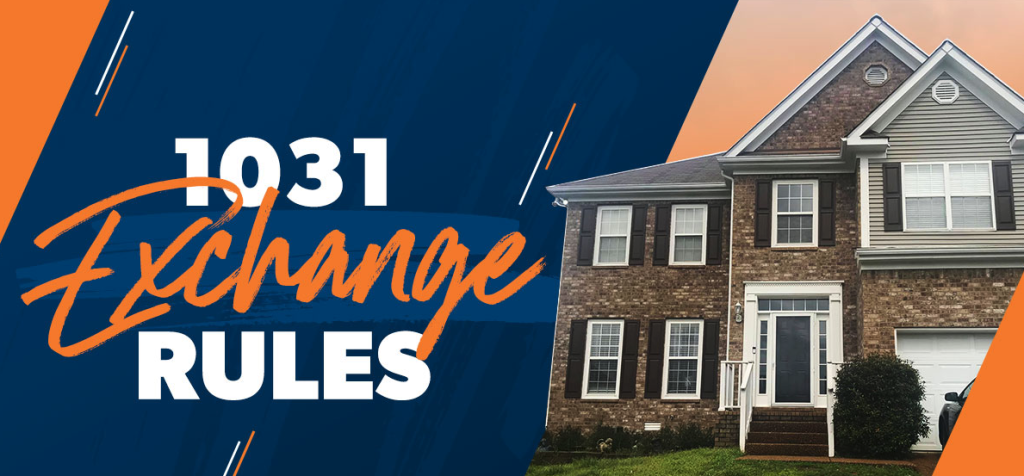
Are you a real estate investor looking for ways to defer capital gains taxes? Then a 1031 exchange might be the answer. A 1031 exchange, also known as a like-kind exchange, allows investors to sell an investment property and use the proceeds to purchase another investment property without having to pay capital gains taxes on the sale.
So how does a 1031 exchange work? First, the investor must identify the replacement property within 45 days of the sale of the relinquished property. Then, they must close on the replacement property within 180 days of the sale of the relinquished property. Additionally, the replacement property must be of “like-kind” to the relinquished property, meaning it must be property of the same nature, character, and class.
There are several benefits to doing a 1031 exchange. One of the biggest benefits is that you can defer capital gains taxes on the sale of your investment property. This means you can keep more of your profits and use them to grow your real estate portfolio. Additionally, you can use the proceeds from the sale of your investment property to purchase a larger or more expensive property, diversify your real estate portfolio, and take advantage of market opportunities.
To do a 1031 exchange, you will need to work with a qualified intermediary. A qualified intermediary is a third-party who holds the proceeds from the sale of the relinquished property and then uses those proceeds to purchase the replacement property. The qualified intermediary will handle all of the paperwork and logistics associated with the exchange, so you can focus on finding the right replacement property.
While a 1031 exchange can be a great option for real estate investors, there are some things to keep in mind before doing one. First, you will need to make sure that you meet all of the requirements for a 1031 exchange. Second, you will need to work with a qualified intermediary. Finally, you will need to be aware of the costs associated with a 1031 exchange.
If you are considering doing a 1031 exchange, be sure to consult with a tax advisor to make sure that it is the right option for you. With the right planning and guidance, a 1031 exchange can be a powerful tool for growing your real estate portfolio while deferring capital gains taxes.
Leave a Reply